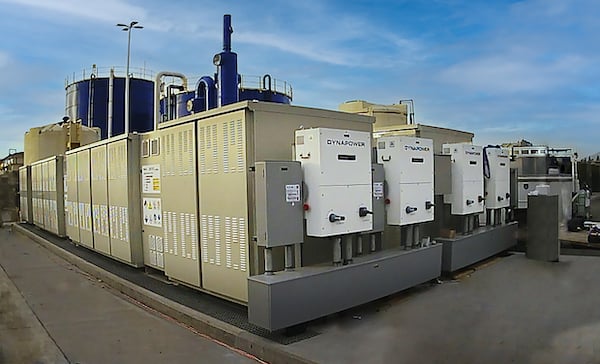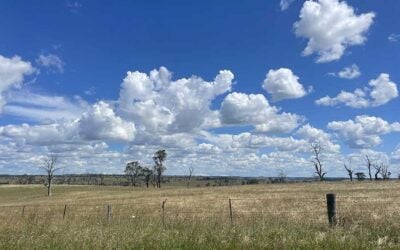
The administrators appointed to handle the affairs of Australian flow battery manufacturer Redflow have already received interest from prospective buyers and investors.
As reported yesterday by Energy-Storage.news, Queensland-headquartered Redflow, which has a proprietary zinc-bromine hybrid electrochemical energy storage technology, went into Voluntary Administration last week.
Enjoy 12 months of exclusive analysis
- Regular insight and analysis of the industry’s biggest developments
- In-depth interviews with the industry’s leading figures
- Annual digital subscription to the PV Tech Power journal
- Discounts on Solar Media’s portfolio of events, in-person and virtual
The company, founded in 2005, required “significant” equity investment to enable its plans, including the construction of a factory in Queensland, to scale up manufacturing and develop its newest generation of hybrid flow batteries.
Despite receiving commitments from state and federal governments in Australia to support the plans, it was unable to match that investment as required, leading to it entering administration and appointing Richard Hughes and David Orr from consultancy Deloitte as Voluntary Administrators.
In an interview with Energy-Storage.news Premium, to be published later this week, Richard Hughes, a licensed liquidator, said that although he was only appointed to the case last Friday, he is “pretty encouraged by the early interest we’ve had.”
“We’ve got quite a number of parties that approached us, unsolicited, already and we’re only on about business day four. I’m encouraged by the early interest for sure, and we think that there definitely could be parties that come through and do something,” Hughes said.
Trading in the company’s shares remains suspended on the Australian Securities Exchange (ASX), while the administration process effectively protects Redflow and its subsidiaries from creditors.
The Deloitte administrators’ aim is to get concrete proposals for a deed of company arrangement, which is “essentially a contract between the company and its creditors to resolve how those [creditors’] claims will be dealt with in a restructured Redflow.”
Hughes and Orr hope to be able to take a suitable deed of company arrangement to creditors in around a month’s time, with creditors then set to vote to approve it, or not.
“At the moment, I’m calling for people who are interested in essentially leading a proposal like that, or sponsoring a proposal like that, to come forward and have a look and let us know what they would like to do,” Hughes said.
All options could be considered, from investment that injects capital into the company in return for equity, to potential new ownership that could set a new management direction for Redflow, the administrator said, under Australian administration rules, which according to the Deloitte consultant are fairly flexible.






